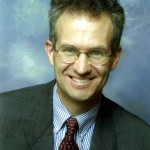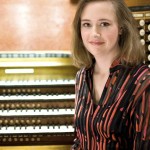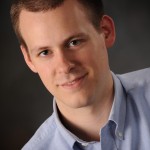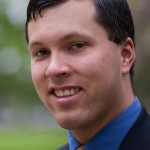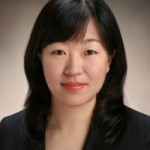While past AGO conventions have included workshop selection in the registration process, we acknowledge that many folks did not follow through by attending their chosen workshops. Indeed, in a given time block, some chose to attend another workshop and some chose to not attend any workshop at all. This reality left many fully booked workshops half-full in actuality. Similarly, many half-booked workshops were overflowing upon arrival.
Since the workshop registration process is quite time-consuming for the registrant, and since much of the pre-registration data is fundamentally flawed, we have decided to allow open access to all workshops and scholarly papers.
Each workshop and scholarly paper presentation is described in detail on our website, and its time, location, and room capacity are clearly indicated. All sessions (except for master classes) are centrally located in the convention hotel, adjacent to each other.
Convention attendees will be encouraged to arrive expeditiously to guarantee a seat in a desired workshop, but with so many choices, there will always be another great option even if a specific workshop fills up quickly!


